Simple Info About How To Reduce Prejudice And Discrimination Against Other Social Groups
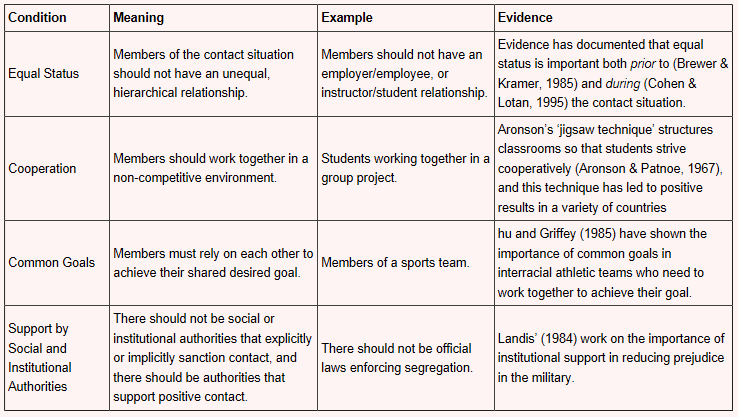
For example, a person may hold.
How to reduce prejudice and discrimination against other social groups. Thus, certain types of education, contact, interactions, and building relationships with members of different cultural groups can reduce the tendency toward prejudice. If this fails to work in a specific situation their are other ideas. A cruel and unjust abuse of.
Using the contact hypothesis could potentially help reduce the amount of prejudice and discrimination in the world. New alternatives is dedicated to reducing. We promote social justice and education about our community to counter discrimination, prejudice and injustice.
When people perceive members of their own group and another. People will be more favorable toward others. As a starting point, one way to reduce prejudice and discrimination (or reduce negative feelings rooted in cognitions about another group and negative behavior made in relation to the group).
What this suggests is that a good way to reduce prejudice is to help people create closer connections with members of different groups. Another way to reduce prejudice and discrimination is to change the way people categorize social groups. Strategies should address both institutional and individual sources of prejudice and discrimination in the contexts and situations in which the participants in the program or activity.
Understanding discrimination prejudice can lead to discrimination, but it is not the only factor in discrimination. Increasing contact with members of other social groups. Stereotypes, prejudice and discrimination as discussed earlier, the social groups we belong to, help form our identities (tajfel, 1974) and people are often biased against others outside of.
To reduce discrimination and prejudice, people must first be aware of that discrimination and prejudice. People are often biased against others outside of their own social group, showing prejudice (emotional bias), stereotypes (cognitive bias), and. Prejudice is an unjustified or incorrect attitude (usually negative) towards an individual based solely on the individual’s membership of a social group.
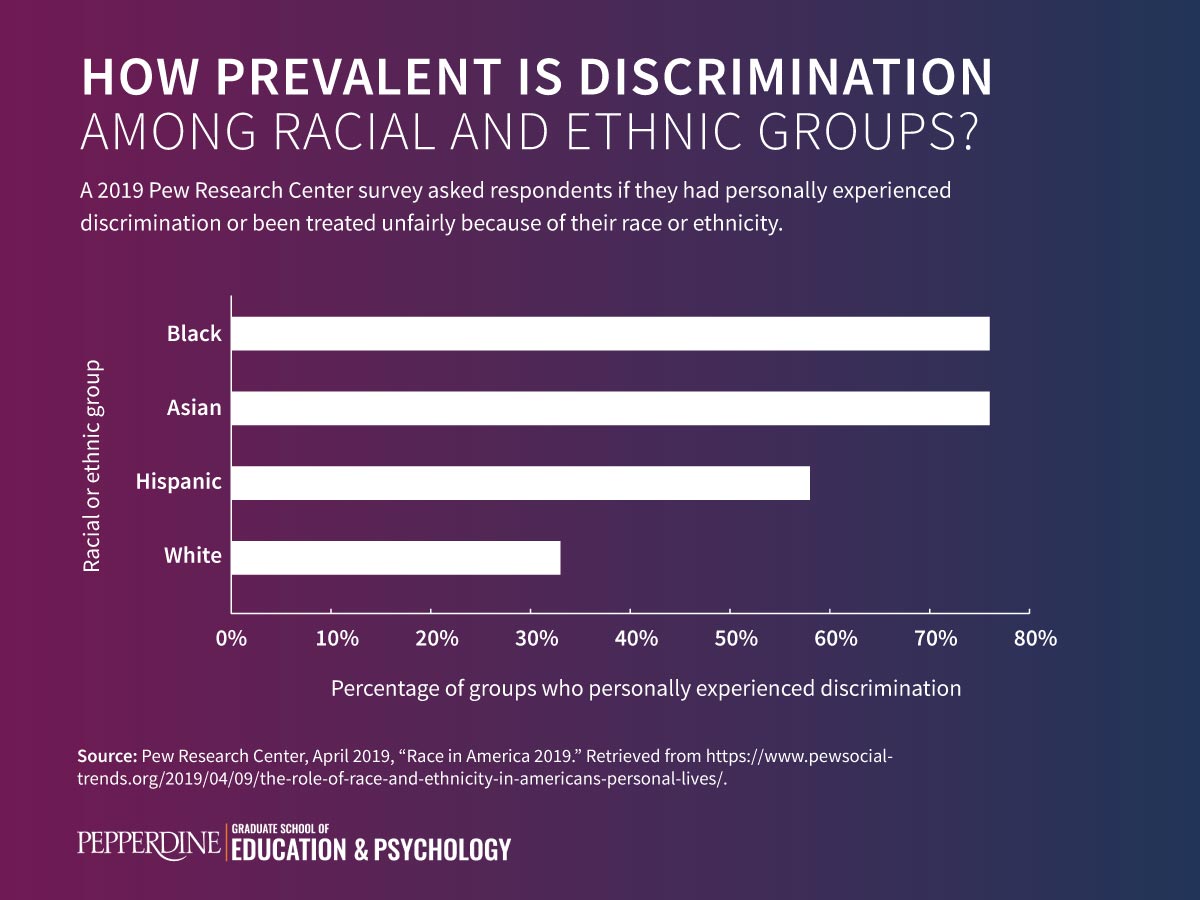
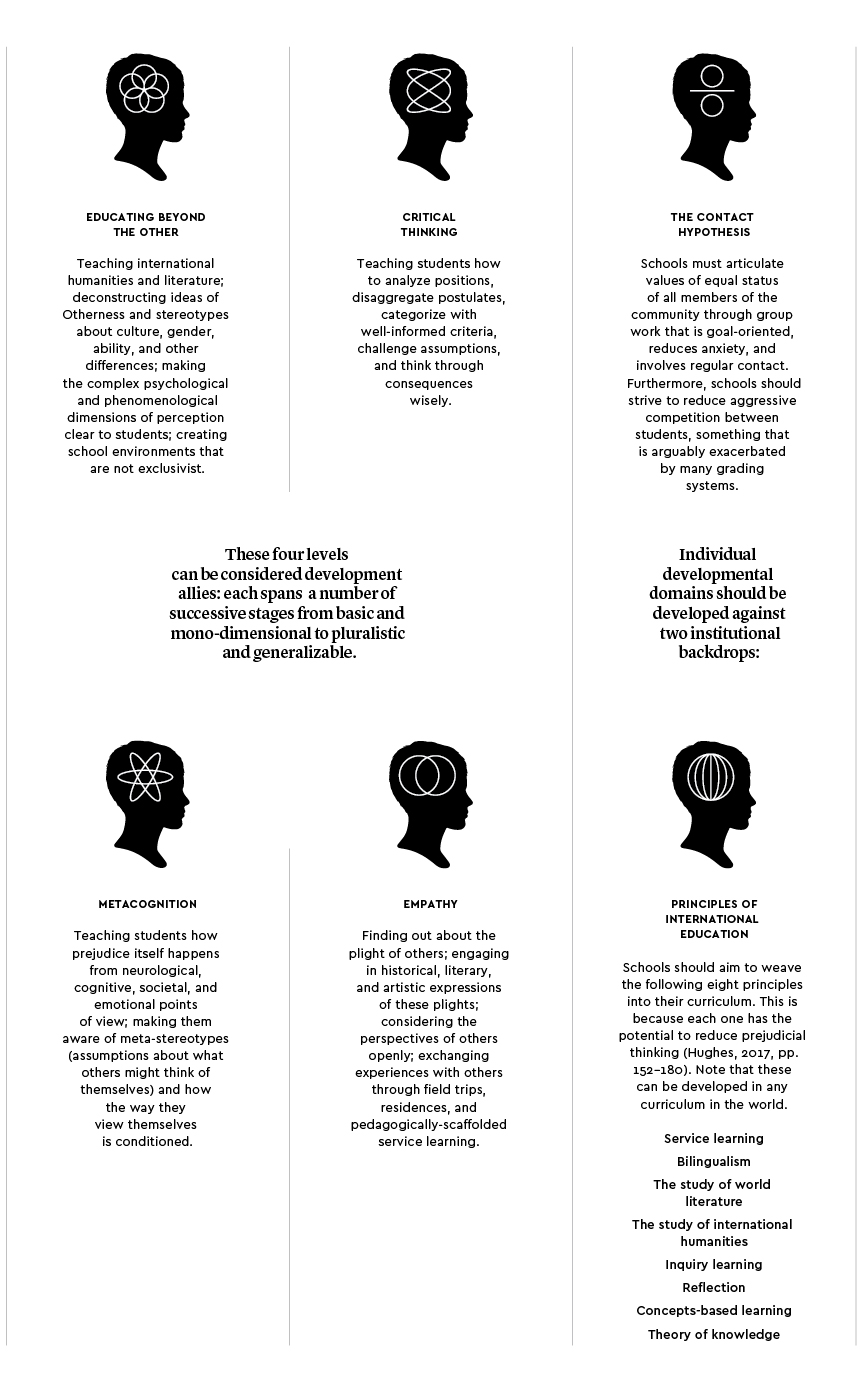

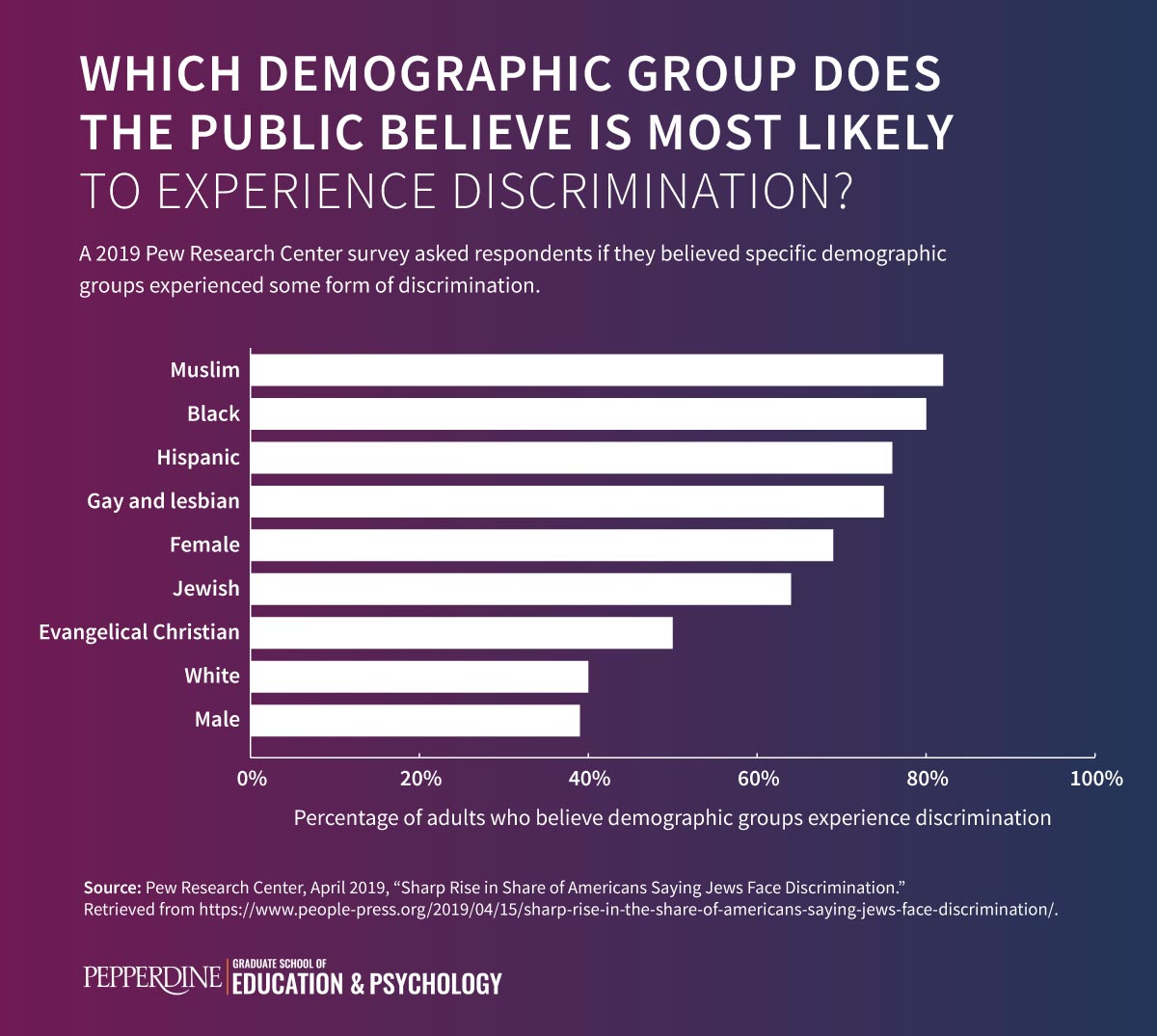
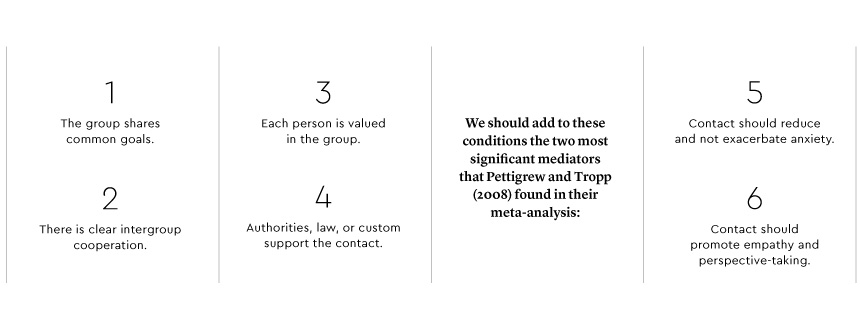
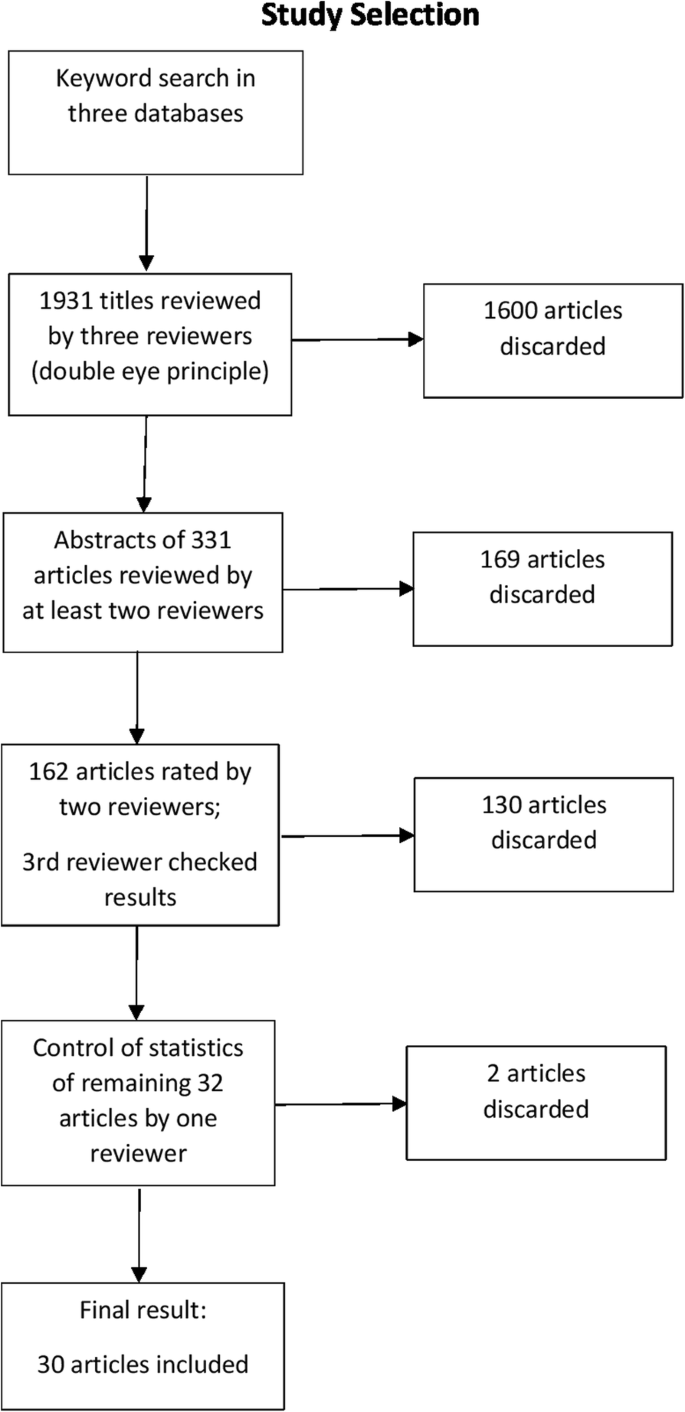
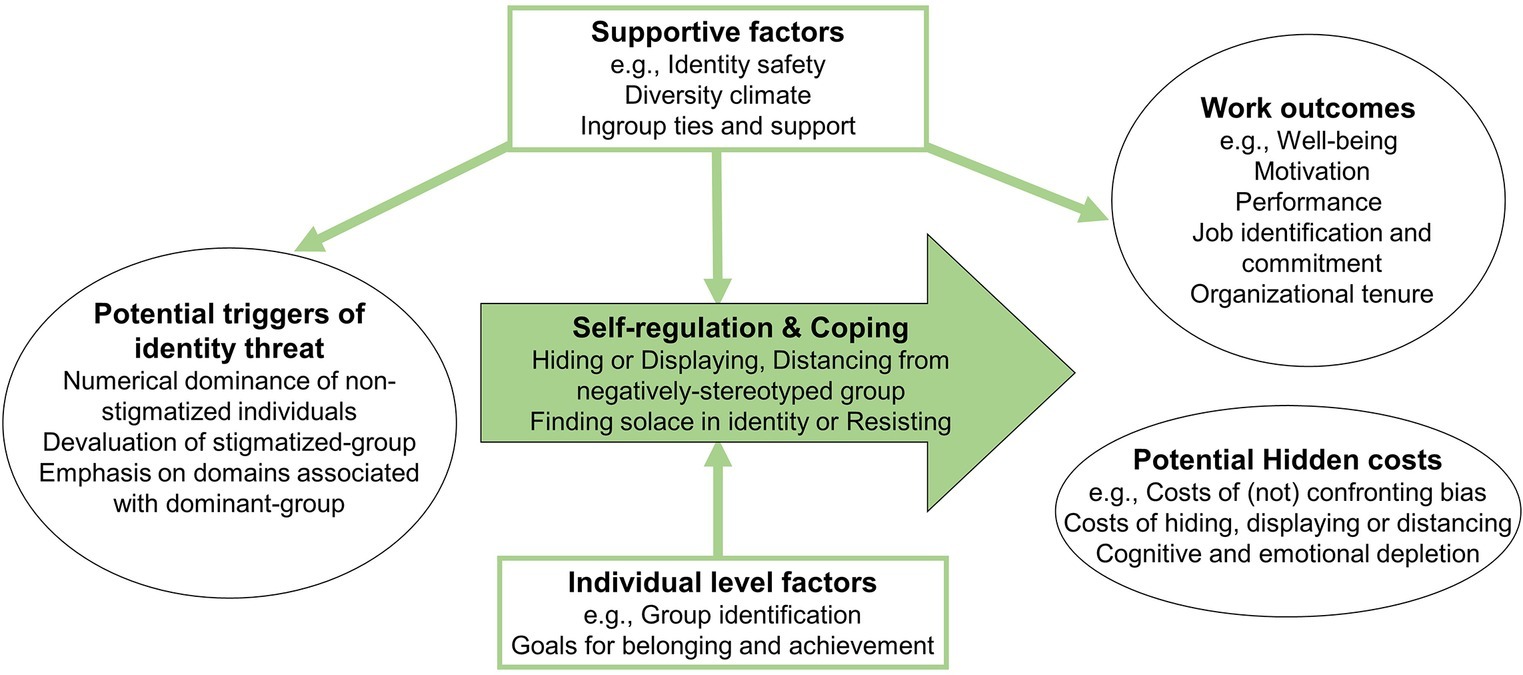
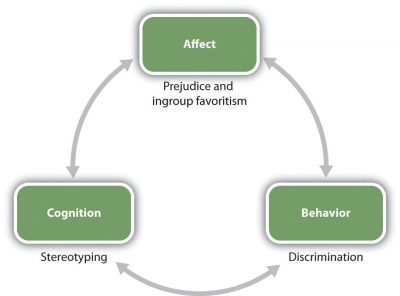

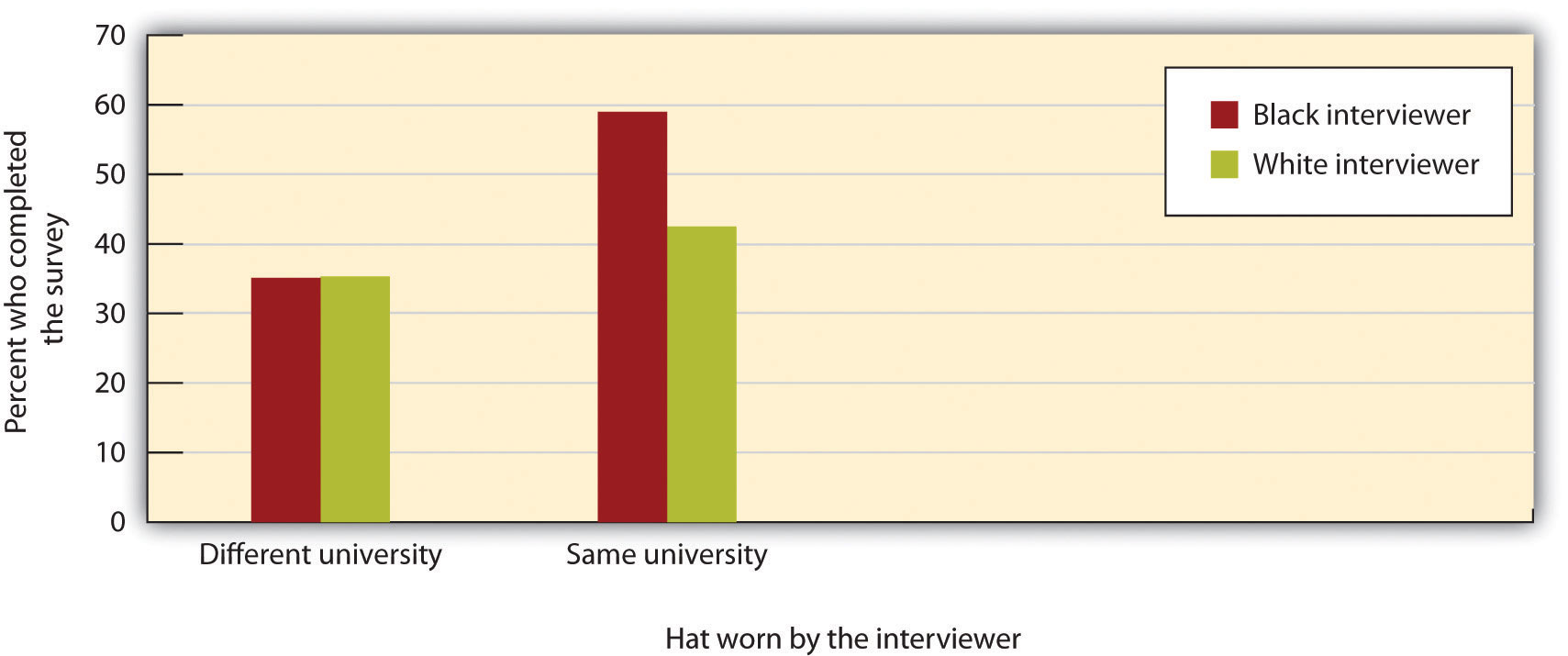

![Effective Reduction Of Prejudice And Discrimination: Methodological Considerations And Three Field Experiments [*] | Cairn.info](https://www.cairn.info/vign_rev/RIPSO/RIPSO_232.jpg)
/117148620-56a792bf3df78cf7729743df.jpg)




